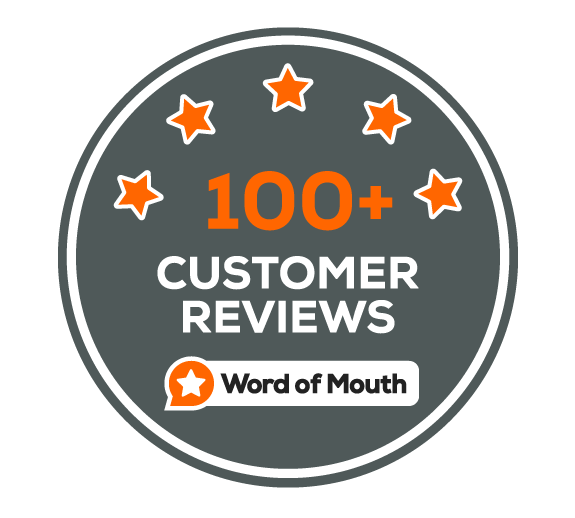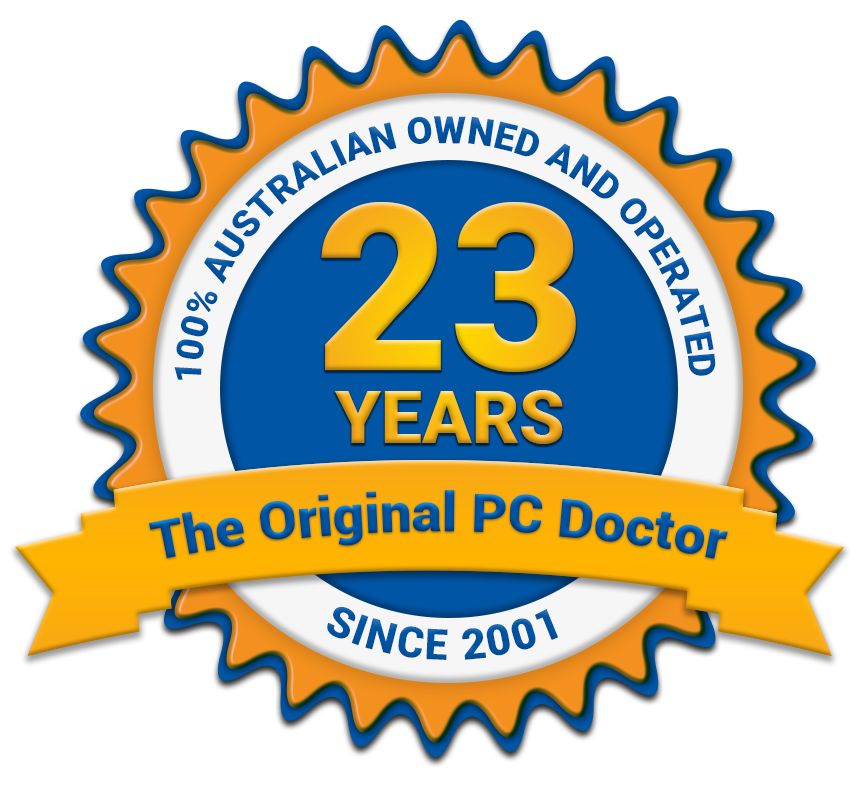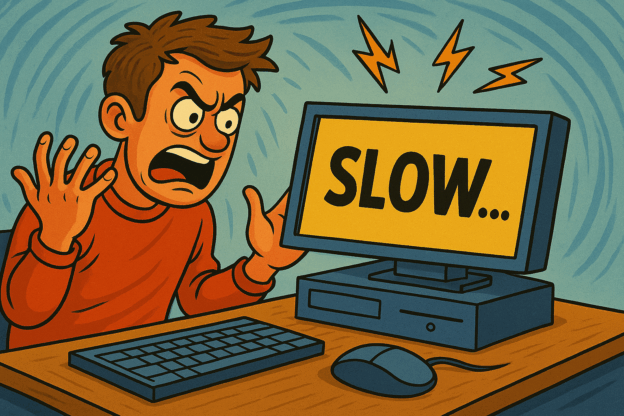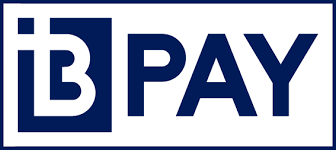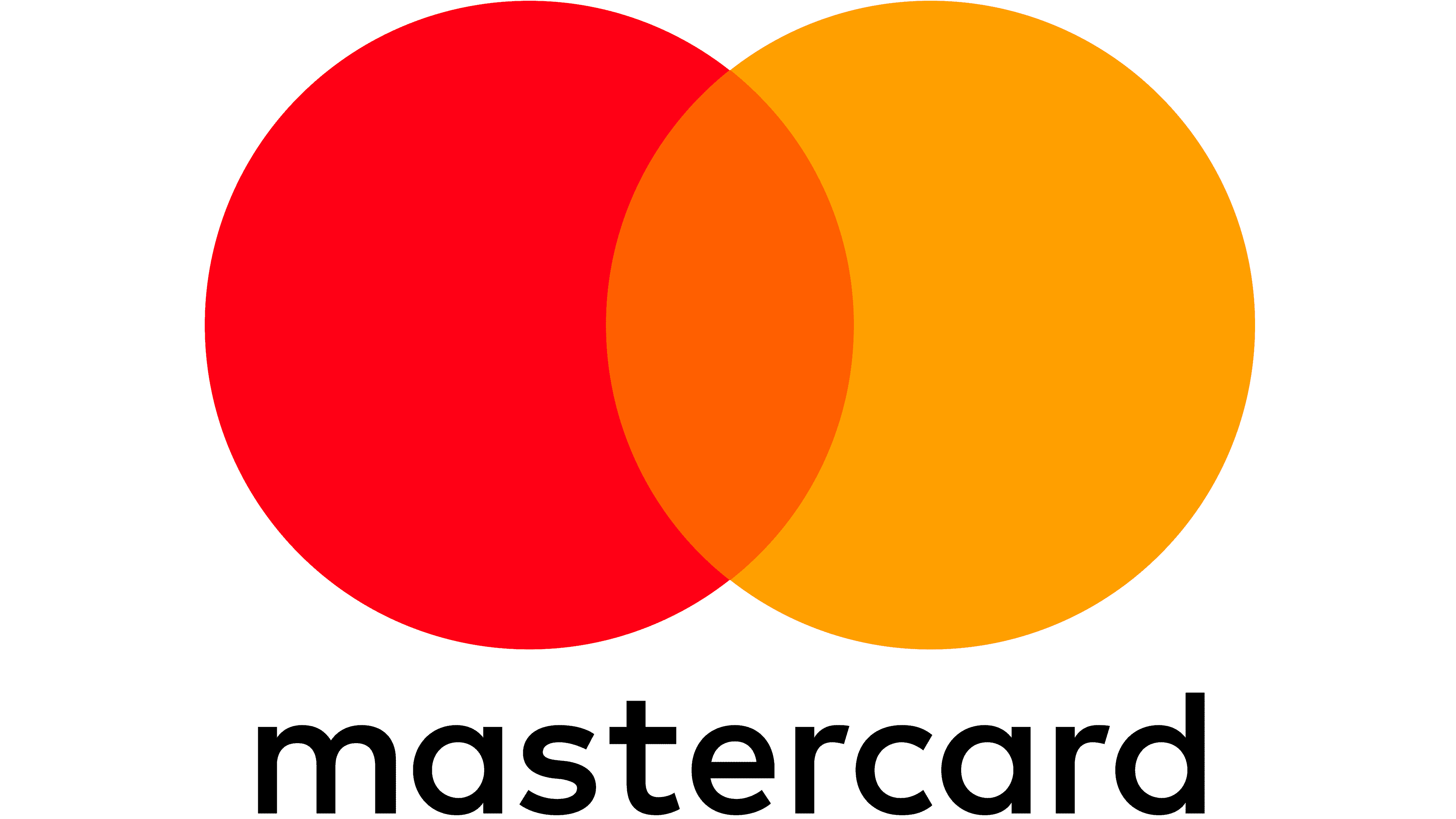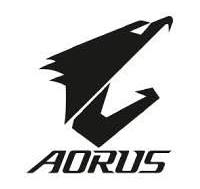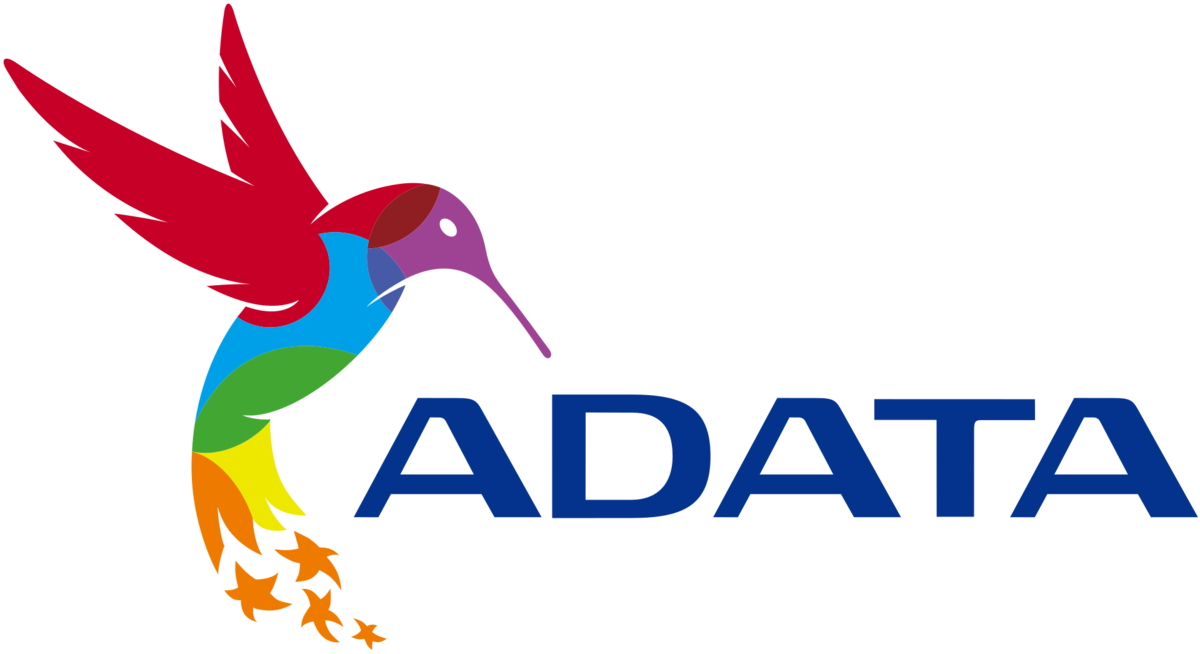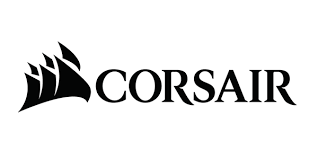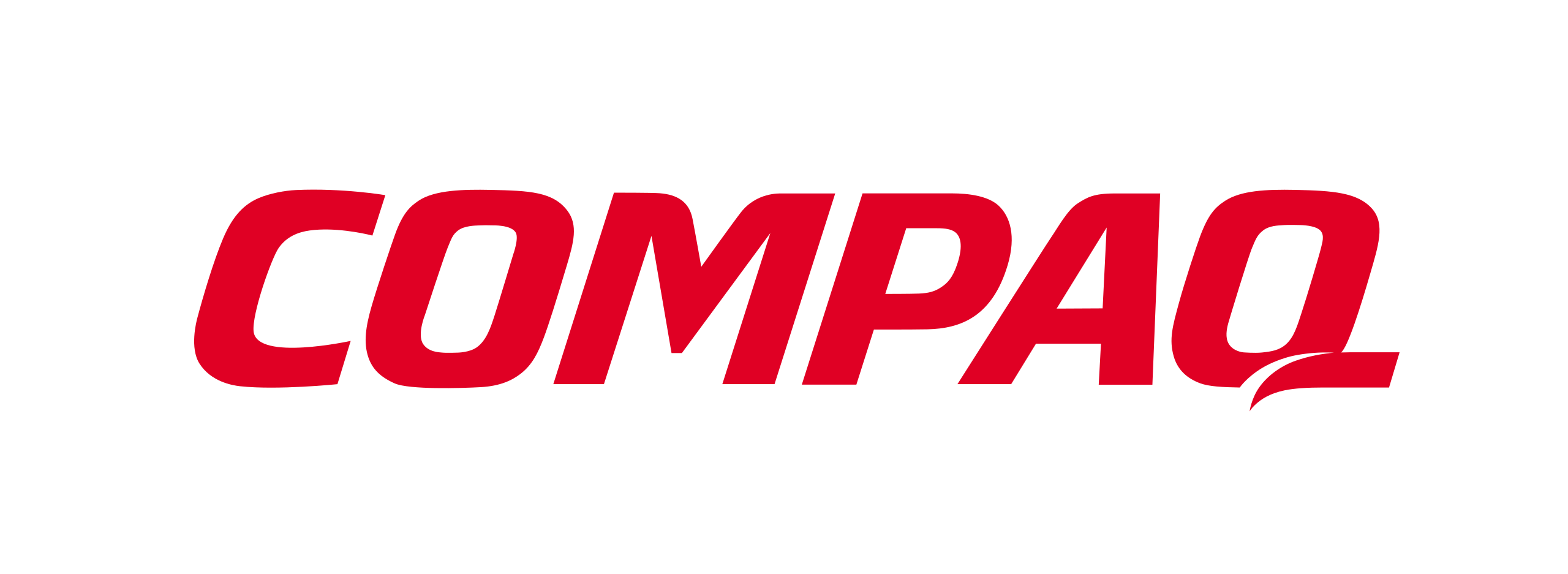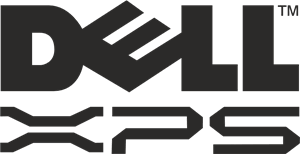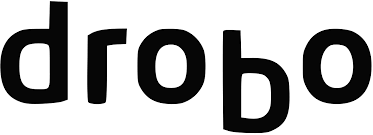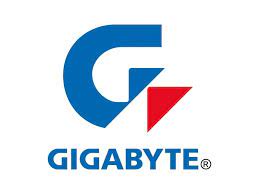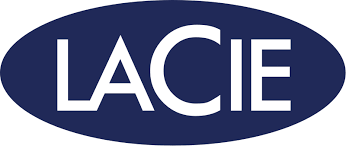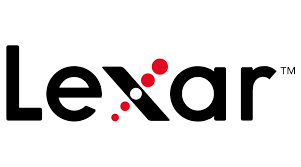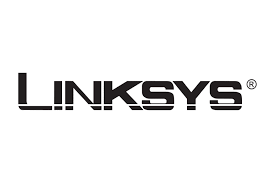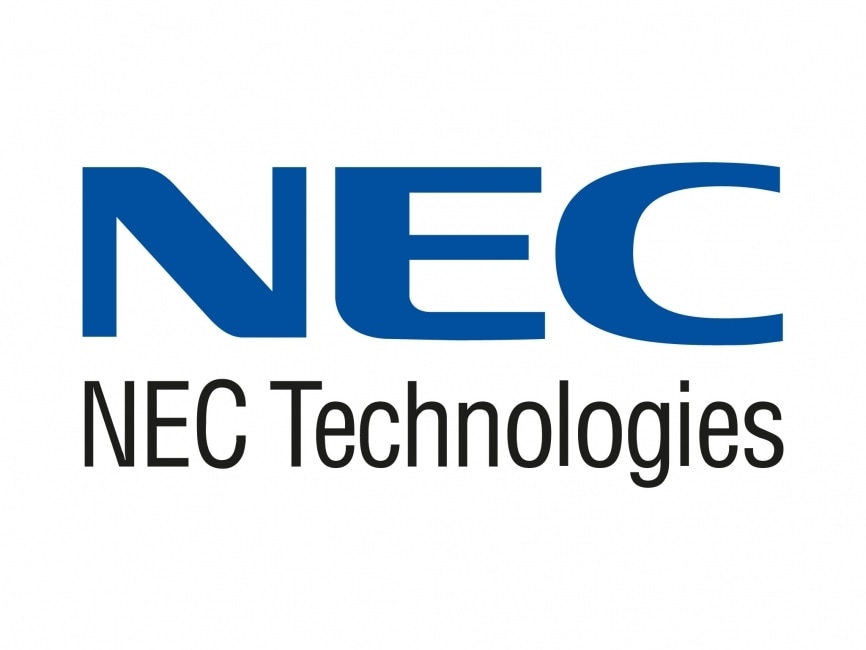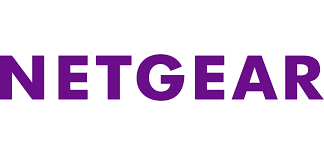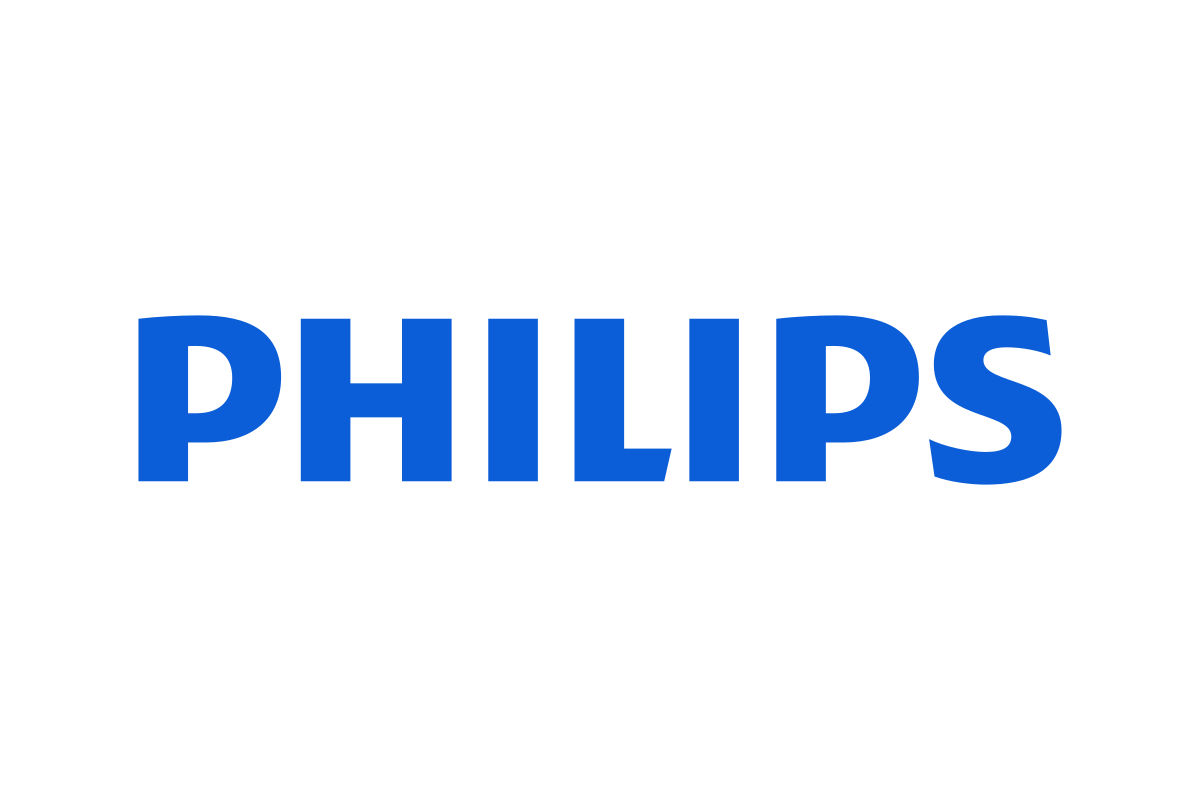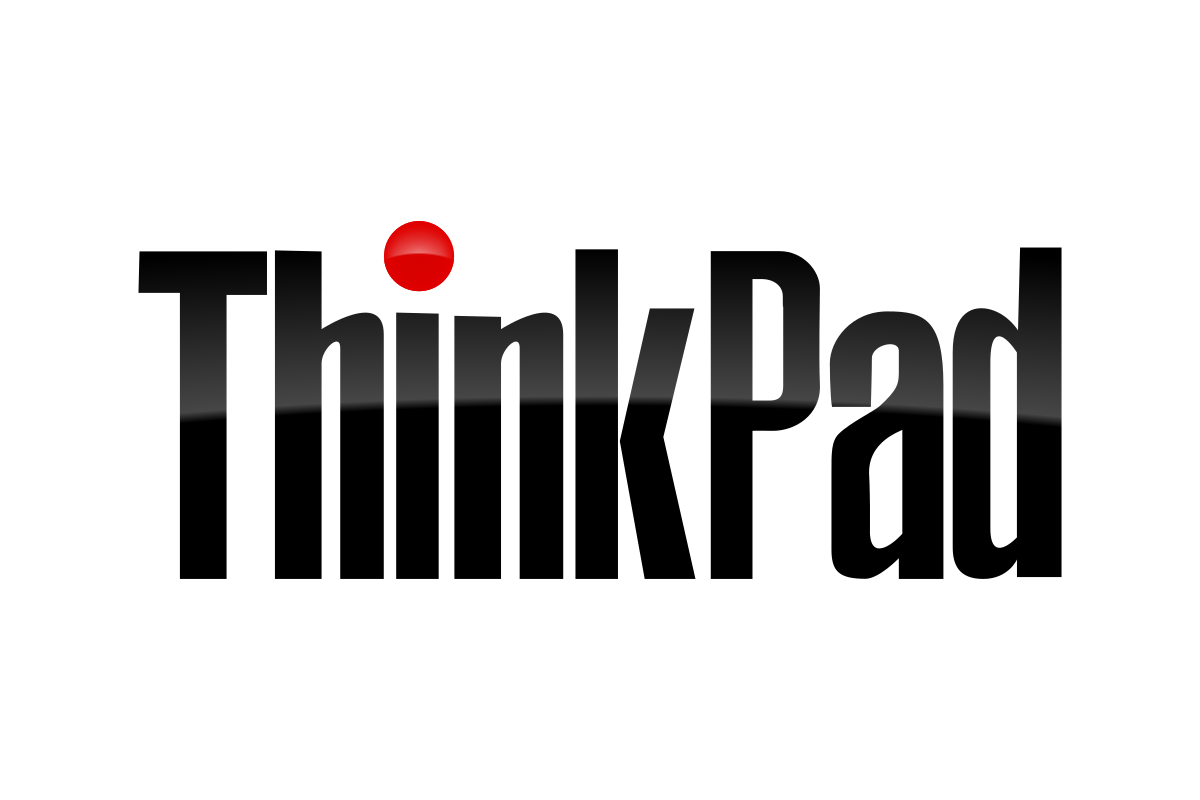Website Performance Optimisation
Website page speed and performance optimization is the process of making a website load faster. This can be done by a variety of methods, such as:
- Optimizing images: Images are often the largest files on a website, so optimizing them can have a big impact on load time. This can be done by reducing the file size, using a more efficient image format, or serving images from a content delivery network (CDN).
- Minifying CSS and JavaScript: Minifying CSS and JavaScript files can reduce their file size, which can improve load time. This can be done by removing whitespace and comments from the code.
- Defer loading of non-critical CSS and JavaScript: Non-critical CSS and JavaScript files can be loaded after the page has loaded, which can improve load time. This can be done by using the defer attribute on the <link> and <script> elements.
- Avoiding redirects: Redirects can add unnecessary overhead, so it is best to avoid them whenever possible.
- Using a CDN: A CDN is a network of servers that are located around the world. By serving your website’s content from a CDN, you can improve load time for users who are located far away from your server.
- Caching: Caching is the process of storing copies of frequently accessed files on the user’s computer. This can improve load time by reducing the number of times that the server has to send the files.
- Optimizing your database: If you have a database-driven website, optimizing your database can improve load time. This can be done by removing unnecessary data, defragmenting the database, and using indexes.
- Optimizing your server: If you have a dedicated server, you can optimize it for performance by installing the latest updates, configuring the server correctly, and using a good web host.
Improving website page speed and performance optimization can have a number of benefits, such as:
- Increased user satisfaction: Users are more likely to leave a website if it takes too long to load.
- Improved search engine ranking: Google and other search engines take website speed into account when ranking websites in their search results.
- Reduced bounce rate: A bounce rate is the percentage of visitors who leave a website after viewing only one page. Improving website speed can help to reduce bounce rate.
- Increased sales: Studies have shown that a one-second delay in page load time can lead to a 7% decrease in conversions.
If you are looking to improve the speed and performance of your website, there are a number of things that you can do. By following the tips above, you can make your website faster and more user-friendly.




